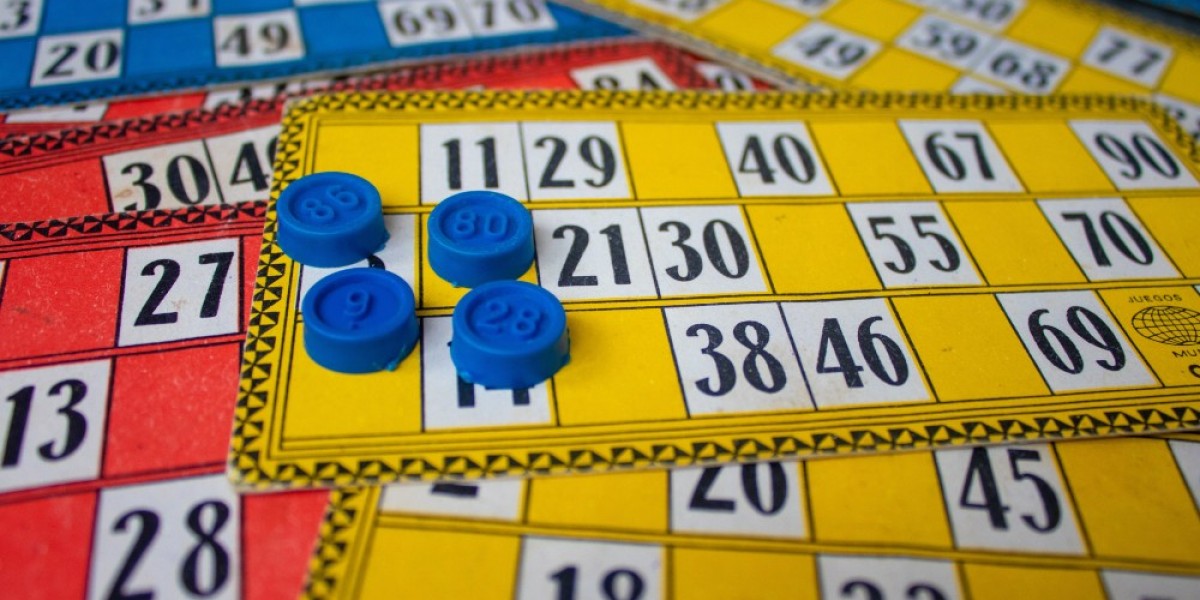Lotteries have been a part of human culture for centuries, offering the tantalizing promise of instant wealth and financial freedom. From ancient China to modern-day Powerball and Mega Millions, lotteries captivate millions with the dream of hitting the jackpot. But beyond the excitement, there’s much to explore—how lotteries work, the odds of winning, the biggest prizes in history, and the impact of sudden wealth on winners’ lives.
In this comprehensive guide, we’ll dive deep into the world of lottery covering their history, mechanics, strategies (or lack thereof), and the psychological effects of winning big.
1. The History of Lotteries
Ancient Origins
The concept of lotteries dates back thousands of years:
China (205–187 BC): The Han Dynasty used lotteries to fund major government projects, including the Great Wall.
Roman Empire: Emperors like Augustus Caesar held lotteries to distribute prizes during festivals.
Europe (15th–17th Century): Lotteries funded public works, including bridges, roads, and even churches like the Sistine Chapel.
Modern Lotteries
The first recorded government-run lottery was the Genoa Lottery (Italy, 16th century). By the 20th century, national lotteries became common, with the U.S. introducing state lotteries in the 1960s. Today, massive games like Powerball, Mega Millions, EuroMillions, and El Gordo dominate the global lottery scene.
2. How Lotteries Work
Types of Lotteries
Traditional Number Draws (e.g., Powerball, Mega Millions) – Players pick numbers, and matching all wins the jackpot.
Instant Win (Scratch-Offs) – Winners are determined immediately upon scratching a ticket.
Raffles – Pre-drawn numbers assigned to tickets; winners are selected at random.
Daily/Weekly Games – Smaller, more frequent draws with lower prizes.
The Mechanics of a Lottery Draw
Random Number Generation: Most modern lotteries use computerized random number generators (RNGs) or mechanical ball machines.
Odds Calculation: The probability of winning depends on the number of possible combinations. For example, Powerball odds are 1 in 292.2 million.
Jackpot Rollovers: If no one wins, the prize rolls over, leading to massive accumulations (e.g., $2+ billion Powerball in 2022).
3. The Biggest Lottery Wins in History
| Rank | Amount (USD) | Winner | Lottery | Year |
|---|---|---|---|---|
| 1 | $2.04 Billion | Anonymous (CA) | Powerball | 2022 |
| 2 | $1.76 Billion | Anonymous (CA) | Powerball | 2023 |
| 3 | $1.586 Billion | Three winners (FL, CA, TN) | Powerball | 2016 |
| 4 | $1.537 Billion | Anonymous (SC) | Mega Millions | 2018 |
| 5 | $1.35 Billion | Anonymous (ME) | Mega Millions | 2023 |
4. Can You Improve Your Lottery Odds?
Myths vs. Reality
Hot/Cold Numbers: No number is "due" to win—each draw is independent.
Quick Pick vs. Choosing Numbers: Statistically, both have the same odds.
Lottery Pools (Syndicates): Buying more tickets increases chances but splits winnings.
The Only Real Strategy?
Play Consistently (But Responsibly): More entries = slightly better odds, but never spend beyond your means.
Tax & Financial Planning: If you win, consult financial advisors to manage sudden wealth.
5. The Dark Side of Winning the Lottery
Financial Ruin & Mismanagement
70% of winners go broke within 3–5 years due to poor spending habits, scams, or reckless investments.
The "Lottery Curse": Many winners face family disputes, lawsuits, and even bankruptcy.
Psychological Impact
Sudden wealth can lead to stress, anxiety, and loss of purpose.
Many past winners regret going public due to endless requests for money.
How to Avoid the Curse?
Stay anonymous (if possible).
Hire legal and financial experts.
Avoid impulsive spending.
6. Are Lotteries Worth It?
The Entertainment Factor
For most, lotteries are a form of entertainment—spending a few dollars for the thrill of "what if?"
Better Alternatives?
Investing: Even small, consistent investments yield better long-term returns.
Savings & Side Hustles: Building wealth slowly is more reliable than hoping for a jackpot.
Conclusion: Luck vs. Logic
Lotteries remain a fascinating blend of hope, probability, and risk. While the odds are astronomically against any single player, the dream of winning keeps millions coming back. Whether you play for fun or avoid them entirely, understanding the realities—both the life-changing wins and the potential pitfalls—helps keep the lottery in perspective.
































